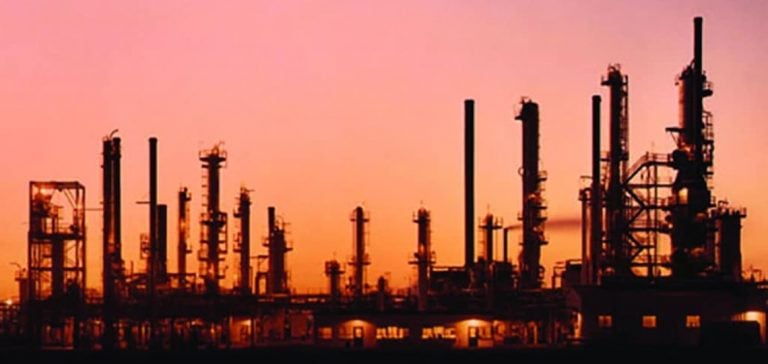The oil market is reacting sharply to recent geopolitical developments, notably the clashes between Israel and Iranian-backed militias.
These tensions have rekindled fears of a regional escalation that could include Iran, one of the world’s leading oil producers. This uncertainty is generating additional risk premiums on the market, driving up oil prices.
The global economic context is not to be outdone.
The US Federal Reserve recently cut interest rates, contributing to the devaluation of the dollar.
This has a direct effect on commodities, including oil, which becomes cheaper for buyers using currencies other than the dollar.
This depreciation boosts demand, particularly in importing countries, and supports rising crude oil prices.
Demand rises with the onset of winter
The winter season, mainly in Europe and North America, traditionally brings an increase in energy demand, and oil is no exception.
Markets are anticipating a significant rise in consumption, particularly for heating and power generation in thermal power plants.
This anticipation adds further pressure on supply, already strained by recent conflicts in the Middle East.
In the United States, oil inventories are at record lows, particularly at the Cushing facility, the nerve center of the American oil system.
Reserves are close to historic lows, and production capacity is struggling to keep pace with growing demand.
This combination of factors is fuelling heightened market volatility, with crude prices rising rapidly.
Monetary policy and its impact on the oil market
The US Federal Reserve’s monetary policy has played a decisive role in recent price trends.
By lowering its key interest rates, the Fed has eased access to credit, thereby stimulating the US economy.
However, this rate cut also weakened the dollar, having a direct impact on commodities such as oil.
A weaker dollar makes dollar-denominated oil more attractive to foreign investors.
This dynamic translates into increased demand, particularly in Asia, and accentuates tensions over global crude supply.
What’s more, prospects for a continuation of the Fed’s accommodating monetary policy point to continued market volatility, with heightened risks of major price fluctuations in the short term.
Tighter supply and lower inventories
At the same time as demand is growing, global oil supply is being curtailed.
Recent production cuts in some oil-producing countries, coupled with falling US inventories, are exacerbating this trend.
US refineries, whose maintenance periods have been reduced this year, are expected to increase their activity in the coming weeks, further intensifying demand for crude.
Short-term forecasts indicate that this supply-tightening dynamic is set to continue, particularly in view of geopolitical uncertainties in the Middle East.
Market players remain attentive to the signals sent by the major OPEC producers, who could adjust their production to stabilize prices.
However, with inventory levels at historically low levels and winter demand on the rise, oil prices could still experience considerable volatility in the months ahead.
Outlook for the oil sector
The combination of geopolitical and economic factors points to an oil market under pressure for the rest of the year.
Tensions in the Middle East and the monetary policies of the major economies will continue to play a central role in oil price trends.
Winter demand, already on the rise, could maintain the upward trend, especially if supply uncertainties persist.
Market operators must remain vigilant in the face of this heightened volatility.
The global economic outlook, influenced by US monetary policy and supply/demand dynamics, should continue to fuel price fluctuations.
Against this backdrop, hedging and risk management strategies will play a key role for companies in the energy sector, faced with increasingly unstable oil markets.






















